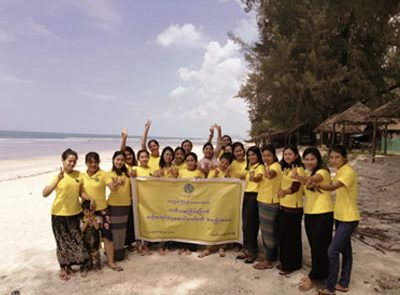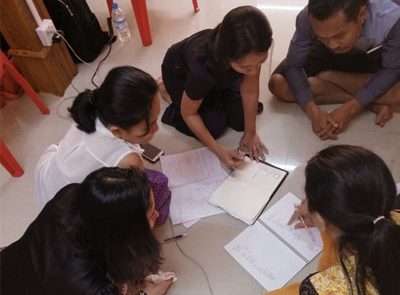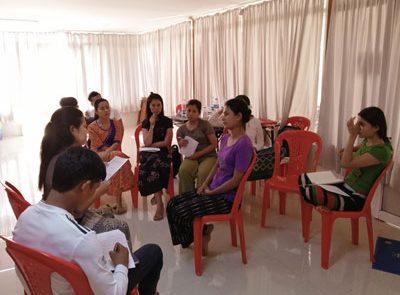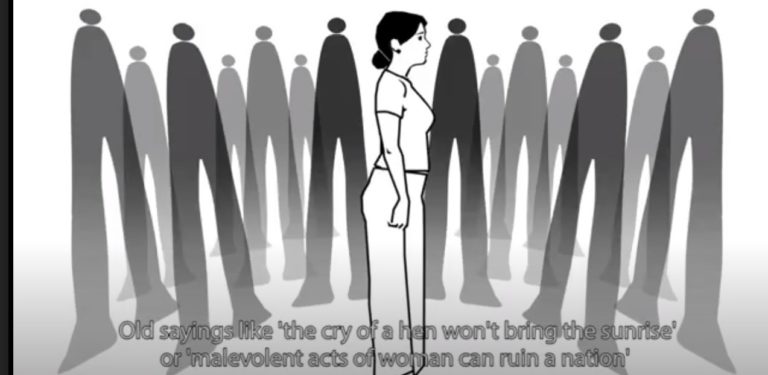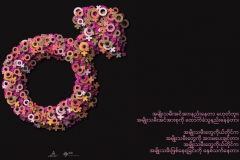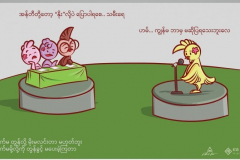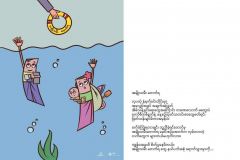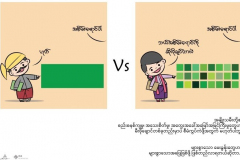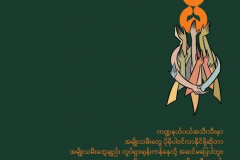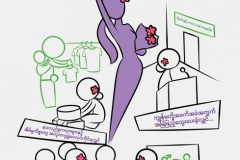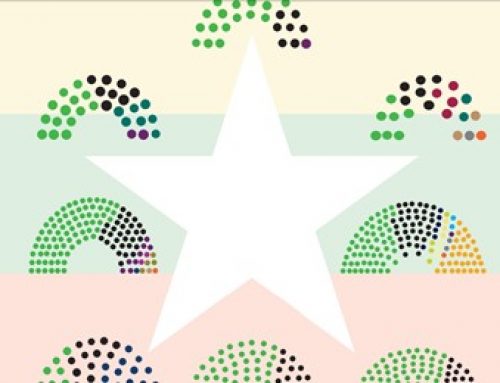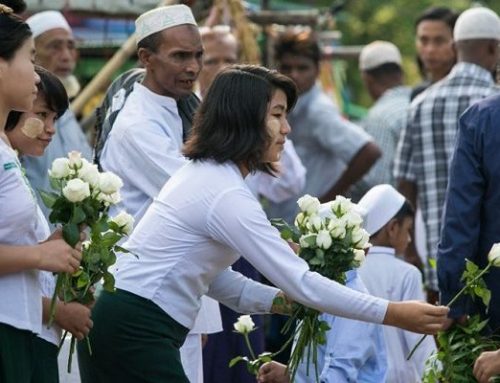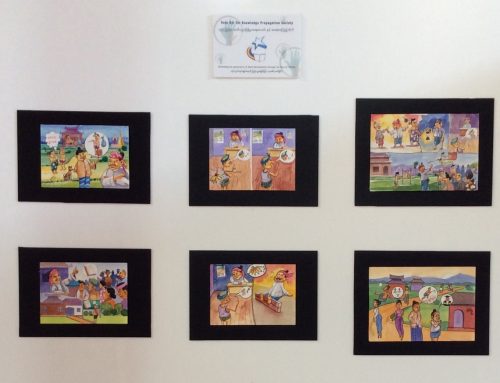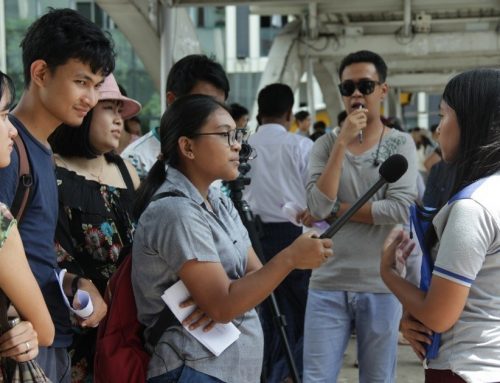Nu Nu Hlaing
This project explored barriers to women’s political leadership in Tanintharyi region, Dawei, Myanmar, and made recommendations to improve the situation and thereby contribute to more inclusive democracy. Using a mixed-methods approach, the team examined the factors that help and hinder women in their bid to become parliamentarians and political leaders; how they are perceived in the male-dominated political domain; and what can be done to further develop women’s political participation.
A three-day research preparation workshop enabled the team to work collaboratively to formulate research concepts, design survey questionnaires, and conduct and reflect on the success of pilot interviews. Nu Nu Hlaing, who led the project, explained why the workshop was so vital: “Civil society organisations in Myanmar are used to conducting projects on behalf of international funders and organisations. Being given the opportunity to conceive, design, and implement our own research project for the first time – to take ownership of it – was fantastic. We were able to strengthen our own organisational research design capacity, and it’s something we can confidently take forward in our future work, to lead our own research.”
The research took place across seven townships in three districts in Tanintharyi region, and included interviews and focus group discussions with the Chief Minister; members of political party Central Executive Committees; women and men Parliamentarians; village, ward/government administrators and departmental officers; civil society organisation members; and religious leaders. More than 1,500 people participated in the research, 56% of them women, and all age groups between 18 to 60 almost equally represented. The team encountered some resistance to their questions and reluctance to talk about politics, and concluded that it would be interesting to track whether and how this changes with time and Myanmar’s transition towards more inclusive democracy.
Amongst those willing to talk about women’s involvement in politics, 97% felt that they are not as capable as men in assuming leadership, particularly in a male-dominated society, a view shared by 74% of women; where capability is measured in terms of gender. Meanwhile, 86% of respondents felt politics was incompatible with the effort and time it takes for women to discharge family-oriented duties and responsibilities. NuNu Hlaing, a Dawei native who struggled to overcome a culture of opposition on her journey towards leading women’s empowerment programs, said the research results were unsurprising. And that they pointed to the need for robust data – including personal stories – and committed advocacy around gender equality.
Experienced in report writing, the project team participated in a workshop in order to explore other modes of representation and dissemination. Seeing the value of an integrated and interdisciplinary approach to research and advocacy, they collaborated with doctor-turned-artist Min Arkar Htet to produce a series of cartoons that form an integral part of their engagement activities with parliamentarians and people across Tanintharyi region. They also exhibited the cartoons at the Ahnu Thutaythana Festival in December 2019, as part of the ‘Reducing inequalities in public engagement in Myanmar’ project, as well as participating in discussions at the event around gendered activities and expectations in social and political life in Myanmar; and went on to script and produce a short film shared widely on their social media platforms in order to continue generating dialogue about how to reduce gender inequalities in political leadership.
About Tavoyan Women’s Union
The Tavoyan Women’s Union (TWU) is a non-profit organization that was previously based in the Thai-Burma border town of Mae Sot with the aim of promoting a peaceful, justice, equality and liberated society in Burma, through capacity-building of young women activists. Although most of the members are of the Tavoyan ethnic group from the Tanintharyi region in southern Burma, the organization has reached out to women of all ethnic nationalities in the region, such as Karen, Mon and Bamar, as well as of diverse religions. Following political change in Burma, TWU returned to in 2012 to set up an office in Dawei, in the Tanintharyi Division, and began conducting part of its activities inside the country while still maintaining its head office in Mae Sot. In December 2015, all activities were transferred to Dawei, where TWU now works actively to promote women’s participation in society, improve safety and education for women, and pursue gender equality and women’s rights. Follow TWU on Facebook.

